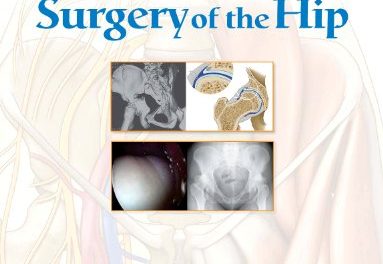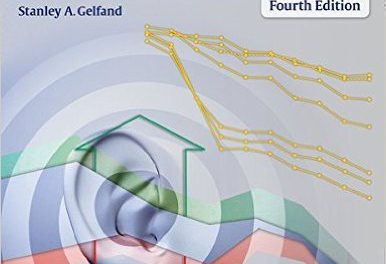 Editor: Amy Wenzel, PhD
Editor: Amy Wenzel, PhD
Publisher: Oxford University Press – 693 pages
Book Review by: Sonu Chandiram
In this unique book, professors and researchers discuss the experiences that women go through during their pregnancy and after childbirth. The data that has been gathered about women during this period in their lives is presented and discussed in this book, providing new, valuable, and even surprising information (and unusual insight of the psychologists) that is very useful to students, teachers, and practicing perinatal psychologists.
This volume presents chapters on the normal or typical biological, emotional, and psychological changes associated with childbearing and the post partum period, which serve as a sound knowledge base with which to compare the various issues and problems that some women encounter in their childbearing period that lead to maladjustment, and even serious problems.
This book is unique and different from others on perinatal psychology in that:
- It covers a broad base of research, unlike any other book published to date
- It focuses not only on parental wellbeing, but also on fetal and infant wellbeing
- It provides a deeper understanding of the perinatal period, focusing on:
- What happens
- Why it happens
- Options available to make things right
Sixty people – mainly professors, researchers and writers on subjects relating to issues women face during their pregnancy and post-partum period – share their knowledge, experience and insight in the 32 chapters this valuable, enlightening book.
To give you an inkling what you will find in this book, we list briefly below, its contents:
- Introduction: The Unique Importance of Perinatal Psychology
- Part One. Typical Course of Pregnancy and the Postpartum Period
- Part Two. Psychopathology During Pregnancy and the Postpartum Period
- Part Three. Clinical Intervention for Psychopathology During Pregnancy and the Postpartum Period
- Part Four. Problems During Pregnancy and the Postpartum Period
- Part Five. Special Problems
- Part Six. Conclusion
The 60 chapter authors including the editor inform us in detail what childbearing women go through, including:
- Emotional experiences and demands upon them for adjustment
- Behavioral, cognitive, and psychological transformation
- Hormonal, physical, and physiological changes
- Sexual and relationship functioning
- Fetal and infant neurobehavioral development
- Attachment between mother and child
- Depression during pregnancy and postpartum period
- Panic attacks in some childbearing women and why they occur
- Obsessions and compulsions during the perinatal period
- Chaos and medical problems in drug-dependent childbearing women
- Psychosis in mentally ill women during pregnancy and childbirth
- Body-image disturbances during pregnancy
- Psychosocial stress during pregnancy
- Maternal stress in mothers as an adverse factor upon their children
- Perinatal experiences of adolescent, low-income, jailed, and sexually different women
The material is very well organized in the chapters this book. You can browse a chapter by simply reading its Abstract or delve into the details by reading the headings of each topic and either skipping it and moving on to the next topic or reading the content on it. Here is an overview of chapter 2 entitled Psychological, Behavioral, and Cognitive Changes During Pregnancy and the Postpartum Period:
- Abstract, with Key Words used in the chapter
- Psychological Experiences of Pregnancy and the Early Postpartum Period
- Recognition and Adaptation to Pregnancy
- Reactions to Somatic Changes
- Internal Representation of the Fetus and the Newborn
- Worries and Anxiety During Pregnancy
- Stress Response and Coping
- Childbirth Expectations and Self-Efficacy
- Postpartum Mood Changes
- The Transition to Motherhood
- Behavioral Changes
- Sleep Patterns
- Physical Activity
- Sexual Activity
- Eating Patterns
- Cognitive Changes
- Memory and Attention
- Self Appraisals
- Conclusion
- Future Directions
- References
There is a lot that is not known to the average person, and even to women in childbearing stage, about what is “normal” or expected and what is unusual or unexpected. This book reveals a lot of surprising facts and statistics. While it has been written primarily for those who want to be (or are) psychologists or who want to specialize in practicing perinatal psychology, it is an interesting read for expectant mothers and fathers, and even just the normally curious person.
Editor:
Amy Wenzel, PhD, ABPP is a licensed psychologist, Clinical Assistant Professor at the University of Pennsylvania School of Medicine, and an adjunct faculty member at the Beck Institute for Cognitive Behavior Therapy. She has authored or edited 17 books, many on the topic of perinatal psychology and cognitive behavioral therapy, as well as approximately 100 peer-reviewed journal articles and book chapters.







